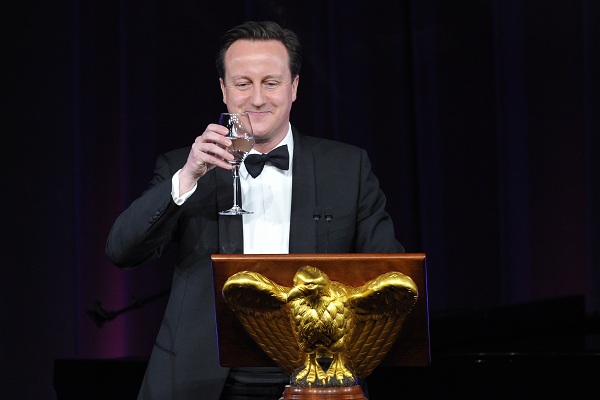And there we were thinking that the G20 would be another insipid talking shop. In fact there was intrigue, animus and even a modicum of progress on the crucial question of the moment: how to cure the Eurozone.
In a major shift in policy, Germany has agreed to use European bailout funds to buy Italian and Spanish bonds in the hope of reducing yields to a sustainable level. It was felt that if the cost of debt financing was not reduced, then Spain and Italy might slip into the abyss. £600 billion will be made available from the two EU bailout mechanisms, the EFSF and the ESM. This is but a few drops in the ocean Spanish and Italian public debt (87 per cent of GDP in Spain, according to the Bank of Spain, and just shy of 119 per cent of GDP in Italy, according to the IMF), but it is hoped that the move will convince markets that European countries, and Germany in particular, are prepared to arrest the crisis.
This action has stoked speculation that Germany is about to offer more, and White House sources are briefing that a new framework will be unveiled in Brussels next week. Some experts suggest that this will include Eurobonds, a solution that both Nicolas Sarkozy and now Francois Hollande have been pressing on Angela Merkel. The European Central Bank would have to be emboldened to fulfil that function, which raises the awkward possibility of treaty changes.
Speaking of Hollande, his relationship with David Cameron, which began inauspiciously when Cameron snubbed the then presidential candidate, has taken another knock. The French President has renewed calls for a Europe-wide financial transactions tax as part of a new regulatory framework to be introduced next year. Hollande says that he has Merkel’s support. This will heighten tension between London and Europe over the proposed banking union. Meanwhile, Cameron said that he would ‘put out the red carpet’ for any French businesses that wished to flee Hollande’s Utopia, which had all the diplomacy of the Grenadier Guards at Waterloo.
Cameron, whose stately airs make him a natural at these jamborees, was filled with spirit of Eton’s playing fields yesterday. His crowning moment came when he told Argentina’s President Kirchner where to stick her dossier on Las Malvinas. He now returns to the lonely grind in Westminster, where his former political advisor Sean Worth has said that if Cameron is to win the next election then he must cajole the civil service into delivering public service reform. This comes a day after the government published civil service reforms that many Tory backbenchers believe are too tepid to succeed.
David Blackburn
Cameron plays his part in an eventful G20






Comments